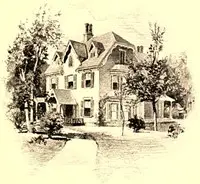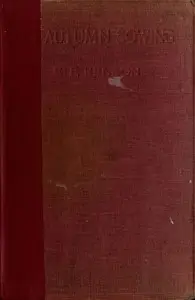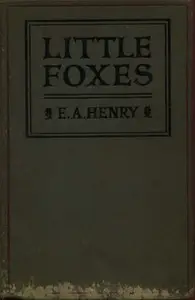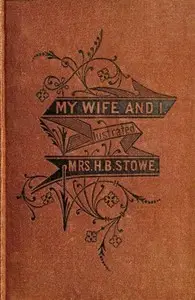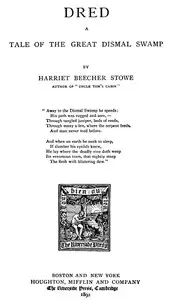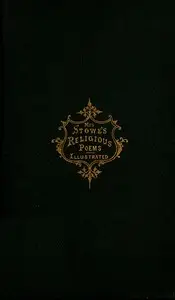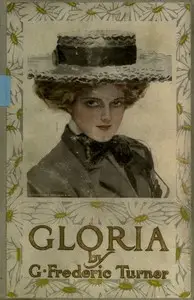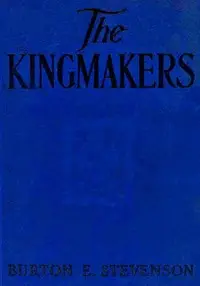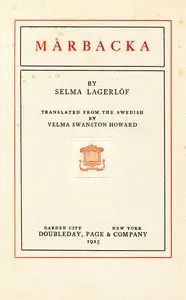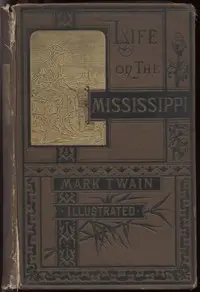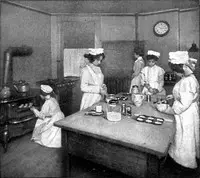"Little Foxes" by Harriet Beecher Stowe is a story from the late 1800s that's all about how tiny problems can cause big trouble in families. It looks closely at everyday life at home and the way people act with each other and shows how small things, called "little foxes," can ruin happiness. The story follows Christopher Crowfield, who is part of the family and watches everything that happens, giving us a look at the good and bad sides of family life. At the beginning, Christopher talks with his family about "fault-finding," calling it one of the little foxes that can hurt relationships. Christopher decides to write about different issues at home in a series of essays, starting with why "fault-finding" is a destructive habit that can damage love and respect within a family.
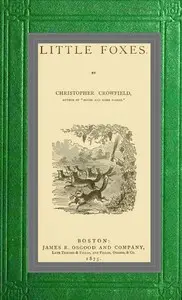
Little Foxes
By Harriet Beecher Stowe
A family risks their happiness as they navigate the damage caused by constant criticism and petty grievances.
Summary
About the AuthorHarriet Elisabeth Beecher Stowe was an American author and abolitionist. She came from the religious Beecher family and wrote the popular novel Uncle Tom's Cabin (1852), which depicts the harsh conditions experienced by enslaved African Americans. The book reached an audience of millions as a novel and play, and became influential in the United States and in Great Britain, energizing anti-slavery forces in the American North, while provoking widespread anger in the South. Stowe wrote 30 books, including novels, three travel memoirs, and collections of articles and letters. She was influential both for her writings as well as for her public stances and debates on social issues of the day.
Harriet Elisabeth Beecher Stowe was an American author and abolitionist. She came from the religious Beecher family and wrote the popular novel Uncle Tom's Cabin (1852), which depicts the harsh conditions experienced by enslaved African Americans. The book reached an audience of millions as a novel and play, and became influential in the United States and in Great Britain, energizing anti-slavery forces in the American North, while provoking widespread anger in the South. Stowe wrote 30 books, including novels, three travel memoirs, and collections of articles and letters. She was influential both for her writings as well as for her public stances and debates on social issues of the day.

